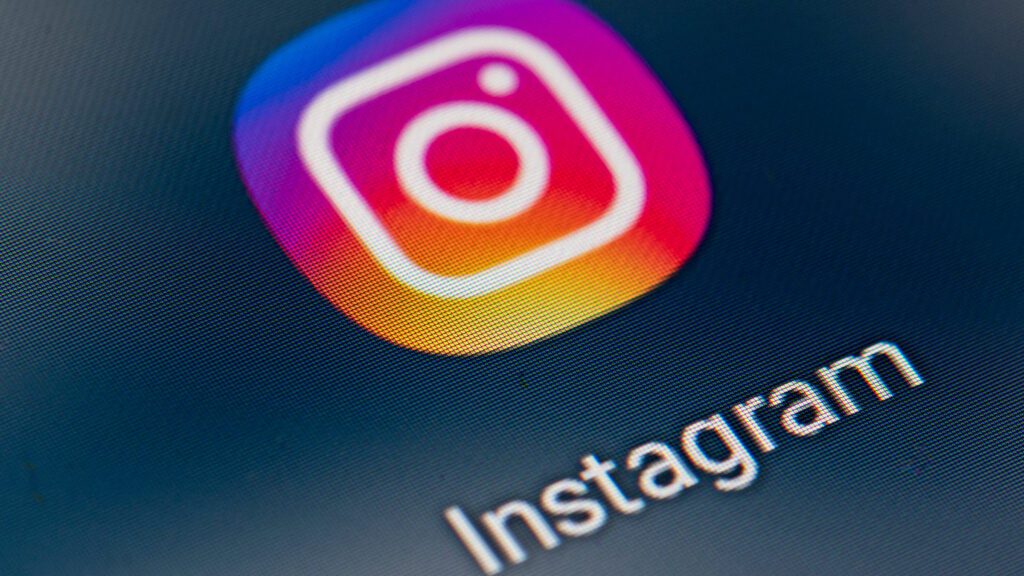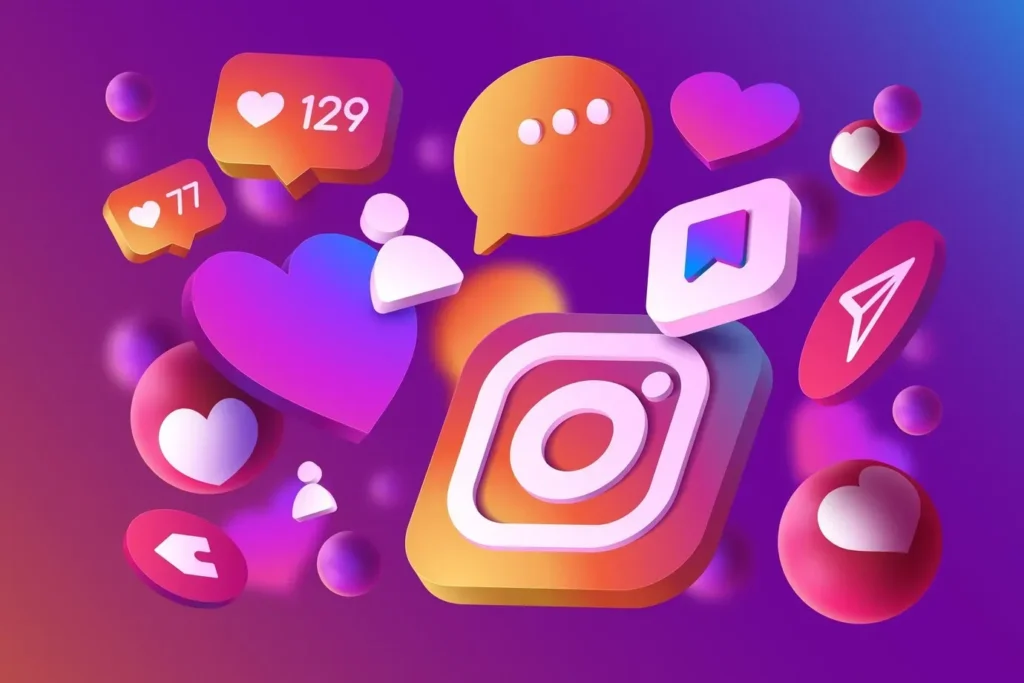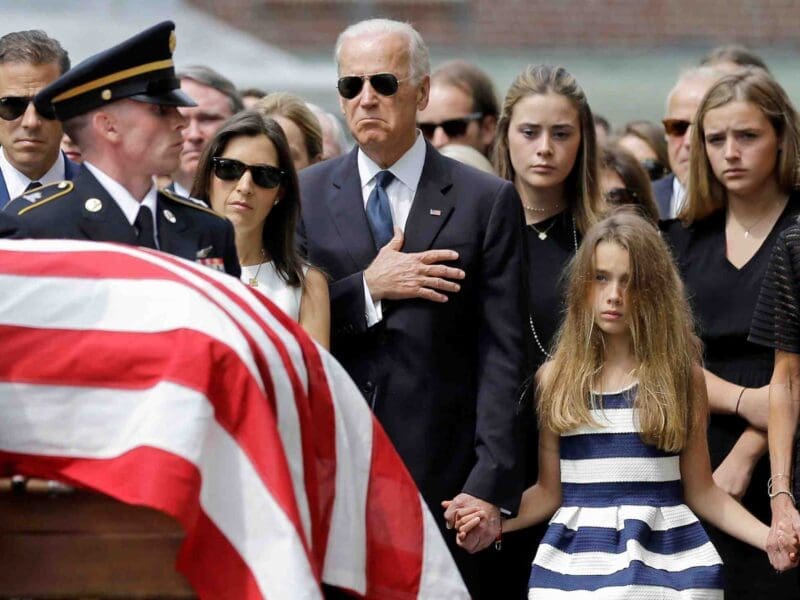
What was the most viral moment of 2023?
In 2023, the digital world continued to be a whirlwind of viral moments and trends, some fleeting and others with deeper societal implications.
From amusing memes that vanish within days to impactful online phenomena, these instances not only dominate our screens but also shape conversations, challenge norms, and mirror our complex society.
But what does this say about us? Are we merely consumers of viral content or active participants in a digital culture that’s constantly evolving? And what was truly the most viral moment of 2023? Let’s take a look at the numbers for ourselves.

The Year of Digital Mirrors
One standout example of 2023’s viral landscape was MrBeast, the YouTube sensation with a massive following. His videos, often dabbling in philanthropy, sparked debates about the ethics of “stunt charity.”
His approach of combining charitable acts with entertainment received both praise and criticism, illustrating the fine line content creators tread between altruism and sensationalism. His video titled “1,000 Blind People See For the First Time” particularly encapsulated this dichotomy.
Then, there was the ‘Barbenheimer’ phenomenon. The simultaneous release of Barbie and Oppenheimer on July 21st not only stirred up box office competition but also led to unexpected thematic connections and a surge of online memes and discussions. It was a perfect example of how the internet can amplify and sometimes even overshadow the content it’s discussing.
Food influencer Keith Lee’s journey through Atlanta’s culinary scene also made waves. His honest reviews turned fortunes for local eateries, highlighting the power of social media influencers in shaping business success. However, it wasn’t all smooth sailing, as his experiences in some restaurants revealed underlying issues in customer service and business ethics.

Complex Web of Virality
The case of Lil Tay, a young internet sensation, took a darker turn with a death hoax that spiraled into a complex narrative involving family drama and the pitfalls of early fame. This incident underscored the often unseen human cost of viral fame, especially for young internet stars.
Artificial Intelligence (AI) also left its mark, particularly with the viral AI-generated song “Heart on My Sleeve,” sounding like a collaboration between Drake and The Weeknd. This led to a flood of AI-generated content featuring popular artists, raising questions about copyright laws, artistic integrity, and the future of music production.
The rumored feud between Selena Gomez and Hailey Bieber, spurred by social media interpretations of their actions, exemplified the power and sometimes the danger of online speculation. It showcased how quickly and aggressively internet culture can create narratives, regardless of their basis in reality.

When Virality Crosses Lines
Dylan Mulvaney’s experience with a Bud Light campaign illustrates the intersection of internet culture with broader social issues. Her involvement sparked discussions and, unfortunately, also targeted backlash, demonstrating the internet’s ability to amplify both support and hostility.
Mikayla Nogueira’s mascara controversy highlighted the evolving dynamics of trust and authenticity in influencer marketing. It raised important questions about the credibility of sponsored content and the responsibility of influencers toward their audience.
In a more concerning turn, YouTuber Colleen Ballinger faced accusations of inappropriate interactions with minors, a situation that exemplifies the potential dangers of the blurred lines between online personas and real-life behaviors. The incident not only tarnished her reputation but also sparked a broader conversation about the responsibilities of internet celebrities and their interactions with fans.

Digital Culture
As we navigate this ever-changing digital landscape, it’s essential to question not just what we consume online but also how these moments reflect and impact our society. Are we merely passive observers, or do we play a more active role in shaping the narratives and discussions that arise from these viral phenomena?
How does our engagement with viral content influence our perceptions, conversations, and even our actions? Let’s continue to ponder these questions as we step into another year of digital exploration and discovery.







